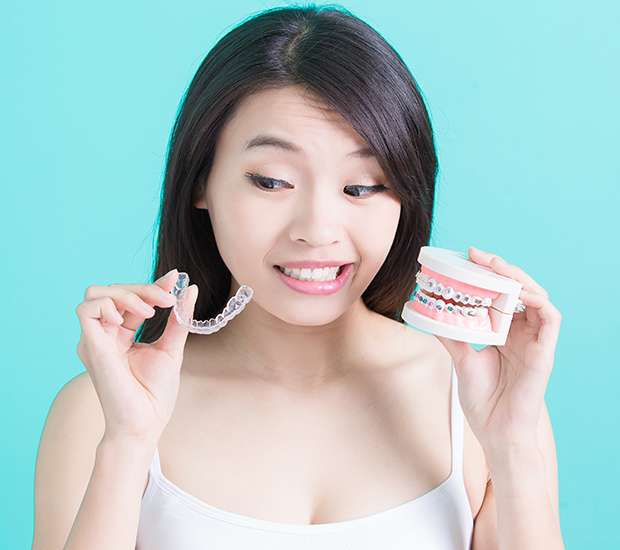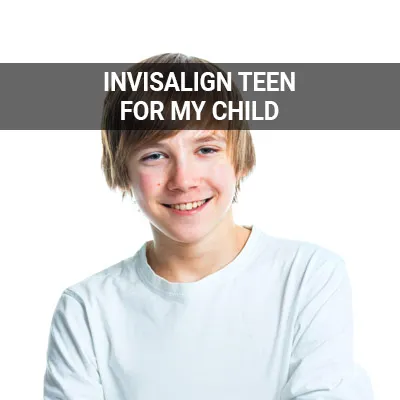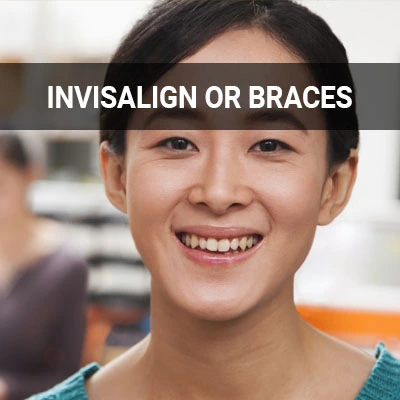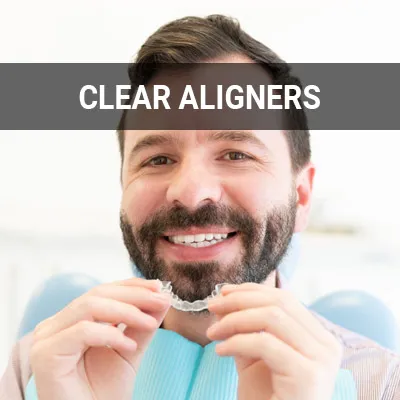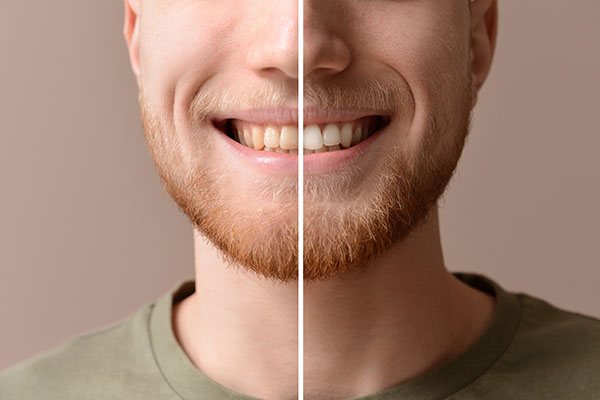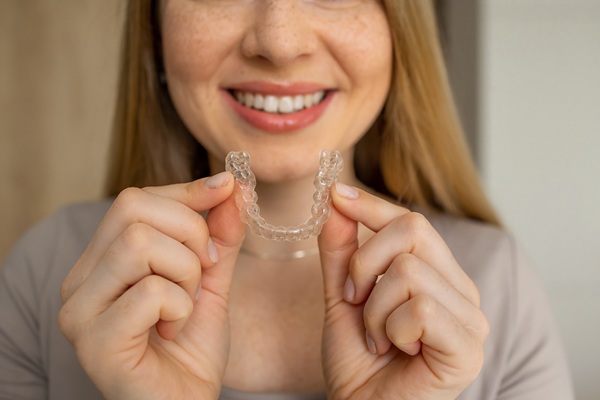Invisalign vs Traditional Braces Solon, OH
When it comes to straightening your teeth, there are more options on the market now than ever. Two of the most popular options are Invisalign® and traditional braces. While neither is definitively better than the other, both have their own set of pros and cons.
Invisalign and traditional braces are available at Solon Smiles in Solon and the surrounding area. We can help provide you with the best treatment for your unique case. Call us today at (440) 252-9544 to schedule an appointment or learn more about our services.
Major Differences
When considering Invisalign and traditional braces, patients should first realize that no one treatment is better than the other. The right treatment will vary on a case-by-case basis. The first step to determining what is best for a patient is an accurate diagnosis. From then on, Solon Smiles can consider the patient's treatment process goals, the patient's lifestyle needs, and more.
The main distinguishing factor between Invisalign and traditional braces is visibility. Invisalign is a more discreet option, while traditional braces will remain evident in the patient's mouth. Additionally, Invisalign trays are removable, while traditional braces will remain attached to the patient's teeth. Consequently, patients with traditional braces may need to make some dietary changes during their treatment. In any case, both Invisalign and traditional braces will require patients to maintain a consistent oral hygiene routine and wear retainers after completion.
“When considering Invisalign and traditional braces, patients should first realize that no one treatment is better than the other.”
Treatment Time
Though overall treatment time with Invisalign depends on the severity of the condition, most patients complete treatment within 10 to 24 months. However, patients with more misaligned bites or crooked teeth will likely need to wear their aligners for a more extended period. Some may also require further, smaller refinements for a few months after completing treatment. On the other hand, adults who had braces as children may complete treatment in around 10 weeks.
Similarly, treatment time with traditional braces will depend on various factors. These include the severity of the patient's case, the amount of room inside their mouth, and how far their teeth must travel. It is also essential to consider how healthy the patient's teeth, gums, and supporting bone are. On average, however, braces will typically remain in place for one to three years. In both cases, patients may extend their treatment time by not following instructions closely.
“…patients may extend their treatment time by not following instructions closely.”
Efficacy
According to at least one meta-analysis, patients prefer clear aligners like Invisalign over metal braces for their discreet nature, comfort, and ease of maintaining oral hygiene. Multiple studies in the meta-analysis also found that patients tended to have a shorter treatment time with Invisalign than with traditional braces.
However, it is crucial to note that Invisalign lacks the precision of traditional braces, making them better suited for patients with less severe orthodontic issues. While clear aligners are an overall effective means of addressing malocclusion, traditional braces can more significantly shift the teeth and jaw. At Solon Smiles, we take all the necessary steps to provide our patients with the most effective, personalized treatment possible.
“How effective are Invisalign and traditional braces?”
Check out what others are saying about our dental services on Yelp: Invisalign vs Traditional Braces in Solon, OH
Eating
As stated by Healthline, patients should keep their Invisalign trays in their mouth for 20 to 22 hours per day. These trays should only be removed for eating, drinking anything that is not clear water, or performing their oral hygiene routines. Since Invisalign trays do not involve any wires or brackets, the treatment itself does not necessitate any dietary changes. However, patients should still brush their teeth before putting their aligners back on to prevent staining.
On the other hand, patients will need to adjust their diets while wearing braces. This is because the brackets are sensitive to damage, and patients must take care not to cause them to separate from the tooth. Thus, it is necessary to avoid any foods that are too hard, sticky, or chewy, such as popcorn, chewing gum, hard crackers, and more. It is also essential to limit sugary foods and drinks, as the combination of sugar and saliva may lead to an excess of plaque that is hard to remove.
“What can I eat when I have braces?”
Questions Answered on This Page
Q. What are the differences between Invisalign and traditional braces?
Q. How long is treatment time with traditional braces and Invisalign?
Q. How effective are Invisalign and traditional braces?
Q. What can I eat when I have braces?
Q. What are the aesthetic differences between Invisalign and traditional braces?
People Also Ask
Q. What are the pros and cons of Invisalign?
Q. How can someone find the right Invisalign Dentist?
Q. How do clear aligners save time straightening?
Q. Are braces or Invisalign aligners more effective?
Q. What are some examples of purely cosmetic procedures?
Q. How should you choose the right treatment and cosmetic dentist?
Aesthetics
For many patients, one of the major selling points of Invisalign is its virtually invisible nature. Unlike traditional braces, they do not draw any attention to the teeth — making them appealing to teens, especially for senior pictures. Invisalign trays are also removable, which can come in handy for contact sports.
While Invisalign is a more discreet option to traditional braces, traditional braces can shift the teeth and jaw more precisely. On the other hand, Invisalign allows for less demineralization and root resorption than traditional braces — making patients less prone to discoloring or tooth shortening. In any case, all orthodontic devices have the potential to close any wide gaps between the teeth, straighten crooked teeth, and align the teeth tips.
“…all orthodontic devices have the potential to close any wide gaps between the teeth, straighten crooked teeth, and align the teeth tips.”
Frequently Asked Questions
Q. What is Invisalign made of?
A. Invisalign trays are composed of a patented thermoplastic material called SmartTrack®. They are BPA-, BPS-, latex-, and gluten-free. They have also been FDA-approved for safe use.
Q. How often will my Invisalign trays need to be changed?
A. It depends on your specific case. However, most patients require a change every one or two weeks. Solon Smiles can help you get a better idea of what to expect during a one-on-one consultation.
Q. How often will I need to see my orthodontist while I have Invisalign?
A. Patients with Invisalign will still need to make regular trips to the orthodontist during their treatment. These visits will typically occur once every five to six weeks. In general, patients with Invisalign will need to see the orthodontist less than patients with traditional braces.
Q. What are traditional braces composed of?
A. Traditional braces are composed of brackets, bands, archwires, spacers, ties, buccal tubes, and ligatures. The brackets hold the archwires that move the teeth, while the bands wrap around the tooth to anchor the brackets. Solon Smiles will also fit spacers between your teeth to make room for the bands.
Q. How often will I need to get my braces tightened?
A. The answer varies on a case-by-case basis. However, most patients need to get their braces tightened every six weeks. Speaking to Solon Smiles may give you a better idea of what to expect.
Q. Do I still need to visit my dentist while wearing braces?
A. Yes. It is important to be especially diligent about your oral hygiene while completing orthodontic treatment, as such routines become harder to maintain with traditional braces.
Invisalign® Terminology
Call Us Today
A beautiful smile is not just a matter of aesthetics — it can also greatly impact your oral health. Whether you need Invisalign or traditional braces, Solon Smiles can help. Call us today at 440-252-9544 to schedule an appointment or learn more about our services.
Helpful Related Links
- American Dental Association (ADA). Glossary of Dental Clinical Terms. 2024
- American Academy of Cosmetic Dentistry® (AACD). Home Page. 2024
- Invisalign®. How Invisalign Works. 2024
- Invisalign®. Take the Smile Assessment. 2024
- WebMD. WebMD’s Oral Care Guide. 2024
About our business and website security
- Solon Smiles was established in 2016.
- We accept the following payment methods: American Express, Cash, Check, Discover, MasterCard, and Visa
- We serve patients from the following counties: Cuyahoga County, Summit County and Portage County
- We serve patients from the following cities: Solon, Reminderville, Aurora, Glenwillow, Bentleyville, Bedford Heights, Bedford, Chagrin Falls, Beachwood, Lyndhurst, Macedonia and Twinsburg
- National Provider Identifier Database (1275620973). View NPI Registry Information
- Healthgrades. View Background Information and Reviews
- Norton Safe Web. View Details
- Trend Micro Site Safety Center. View Details
Back to top of Invisalign vs Traditional Braces
